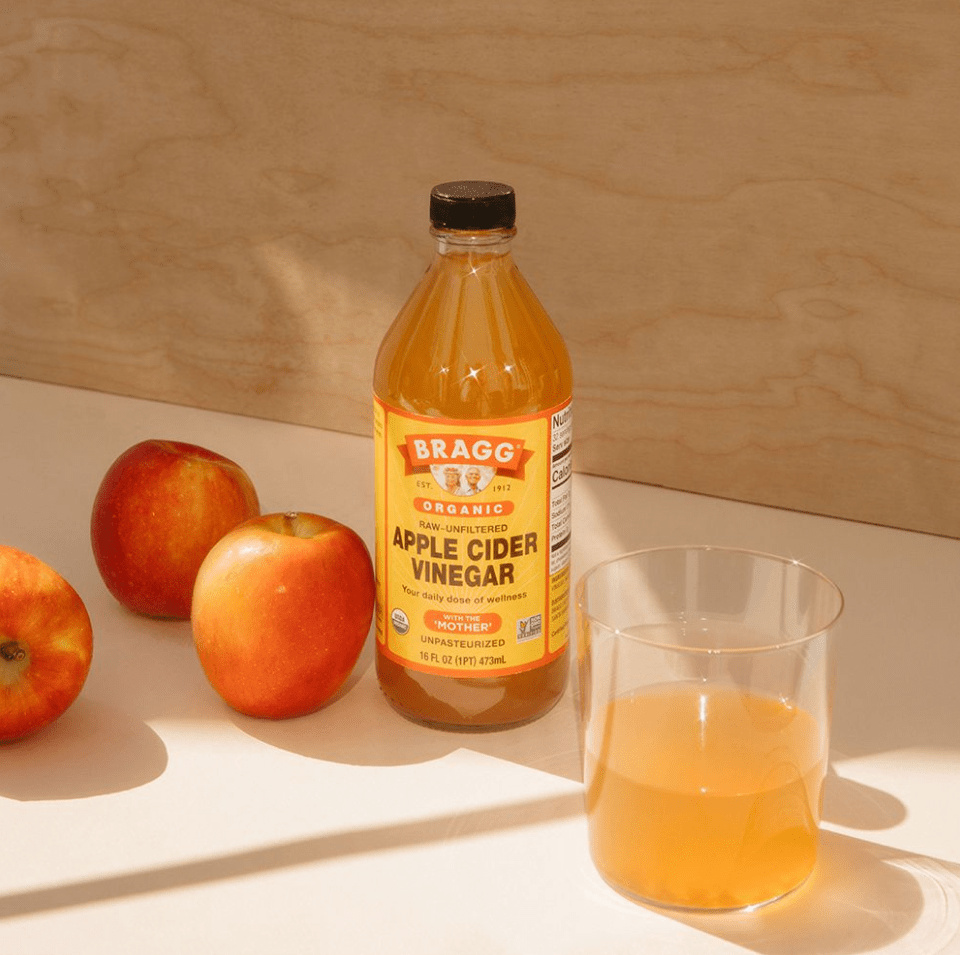Innovative Approaches to Treating Acne: A Look at Alternative Therapies
Acne, the bane of many people’s existence, is a skin condition that can be both physically and emotionally painful. From pimples to blackheads to cysts, acne can take many forms, and it can be difficult to find an effective treatment that works for everyone. While traditional treatments like benzoyl peroxide and salicylic acid have been the go-to options for decades, alternative therapies are gaining popularity as people look for more natural, gentler solutions to combat acne.
Alternative therapies for acne can range from dietary changes to topical applications of natural ingredients. In this article, we’ll take a closer look at some of the most promising alternative treatments for acne, including their benefits, how to use them, and what to expect.
Tea Tree Oil
Tea tree oil, also known as melaleuca oil, is an essential oil that comes from the leaves of the tea tree plant. It’s been used for centuries by Indigenous Australians as a traditional medicine for skin conditions, and recent research has shown that it can be effective in treating acne.
One of the reasons tea tree oil is effective against acne is its antibacterial and anti-inflammatory properties. It can help kill the bacteria that cause acne and reduce inflammation in the skin, which can lead to fewer breakouts.
To use tea tree oil for acne, mix a few drops with a carrier oil like coconut oil or jojoba oil and apply it to the affected area. You can also find over-the-counter acne products that contain tea tree oil as an active ingredient.
Apple Cider Vinegar
Apple cider vinegar has been used as a health remedy for centuries, and it’s also been touted as a solution for acne. While there isn’t a lot of scientific evidence to support its use, many people swear by it as a natural alternative to traditional acne treatments.
One of the reasons apple cider vinegar may be effective against acne is its acidic properties. It can help balance the pH of the skin and reduce inflammation, which can lead to clearer skin.
To use apple cider vinegar for acne, mix equal parts apple cider vinegar and water and apply it to the affected area with a cotton ball. Leave it on for a few minutes before rinsing it off with water. Be sure to dilute the vinegar before applying it to your skin, as it can be very acidic and potentially damaging in its undiluted form.
Aloe Vera
Aloe vera is a succulent plant that’s been used for thousands of years for its medicinal properties. It’s well-known for its ability to soothe and heal sunburns, but it can also be effective in treating acne.
Aloe vera has anti-inflammatory and antibacterial properties, making it a great choice for acne-prone skin. It can help reduce redness and swelling, and it may even help prevent scarring.
To use aloe vera for acne, apply the gel directly from the plant to the affected area. You can also find over-the-counter acne products that contain aloe vera as an active ingredient.
Green Tea
Green tea is a popular beverage that’s packed with antioxidants and other beneficial compounds. It’s also been shown to have anti-inflammatory and antibacterial properties, making it a promising alternative treatment for acne.
One study found that applying a green tea extract to the skin reduced the number of acne lesions by 58%. Green tea may also help reduce inflammation and redness in the skin, which can help prevent future breakouts.
To use green tea for acne, you can steep a bag of green tea in hot water for a few minutes, then let it cool before applying it to the affected area with a cotton ball. You can also find skincare products that contain green tea as an active ingredient.
Dietary Changes
While topical treatments can be effective in treating acne, what you put in your body can also have an impact on your skin. Making dietary changes can be an effective way to address the root causes of acne.
One of the most important dietary changes you can make is to reduce your intake of sugar and processed foods. These foods can cause inflammation in the body, which can lead to acne breakouts.
Instead, focus on eating a diet rich in whole foods like fruits, vegetables, lean protein, and healthy fats. Foods that are high in antioxidants, like berries and leafy greens, can also help fight inflammation and promote clear skin.
Exercise
Regular exercise is important for overall health, but it can also have benefits for your skin. Exercise helps increase blood flow to the skin, which can help promote healing and reduce inflammation.
One study found that regular exercise was associated with a lower incidence of acne in adults. While the exact mechanisms behind this aren’t fully understood, it’s clear that exercise can be an effective way to support clear, healthy skin.
Acne can be a frustrating and painful condition, but there are a variety of alternative therapies that can help. From tea tree oil to dietary changes, these treatments can provide a more natural, gentle approach to combating acne.
It’s important to remember that not all alternative treatments will work for everyone, and it’s always a good idea to consult with a healthcare professional before starting any new treatment. But by exploring alternative therapies, you may be able to find a solution that works for you and helps you achieve clearer, healthier skin.


